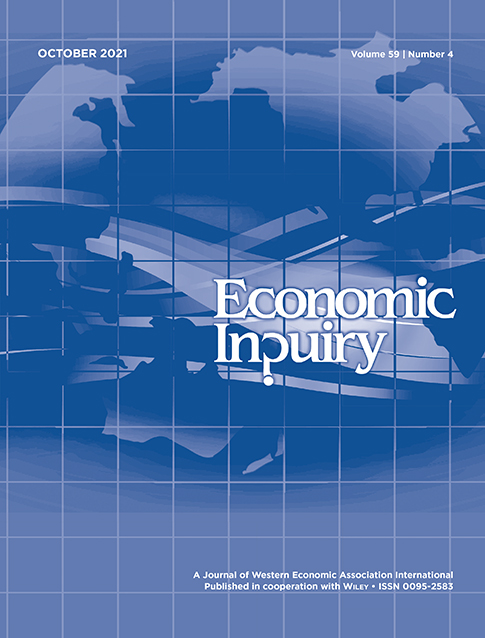
Regional House Price Dynamics and Voting Behavior in the FOMC
This paper examines the impact of house price gaps in Federal Reserve districts on the voting behavior in the Federal Open Market Committee (FOMC) from 1978 to 2010. Applying a random effects ordered probit model, we find that a higher regional house price gap significantly increases (decreases) the probability that this district's representative in the FOMC casts interest rate votes in favor of tighter (easier) monetary policy. In addition, our results suggest that Bank presidents react more sensitively to regional house price developments than Board members do.




